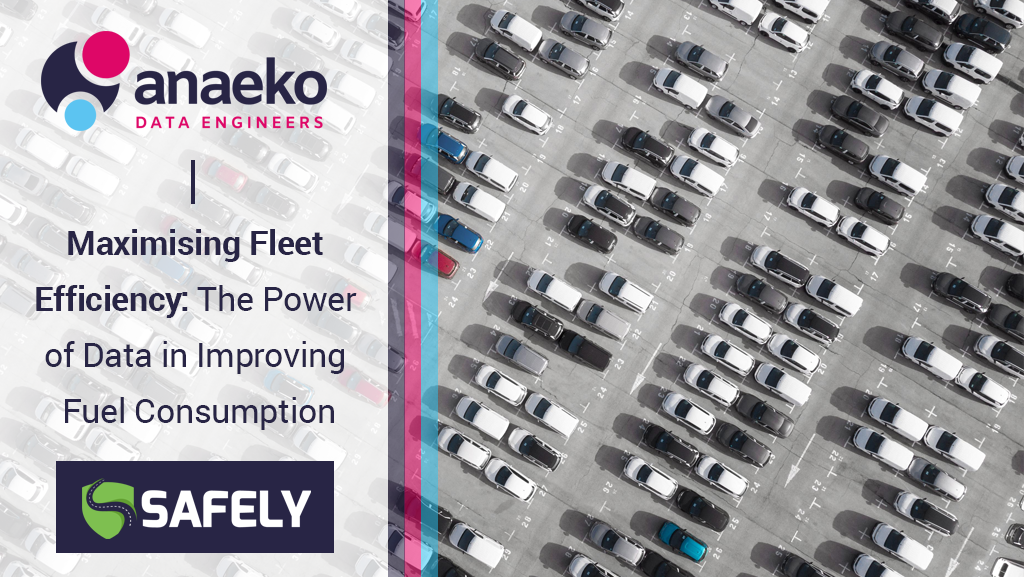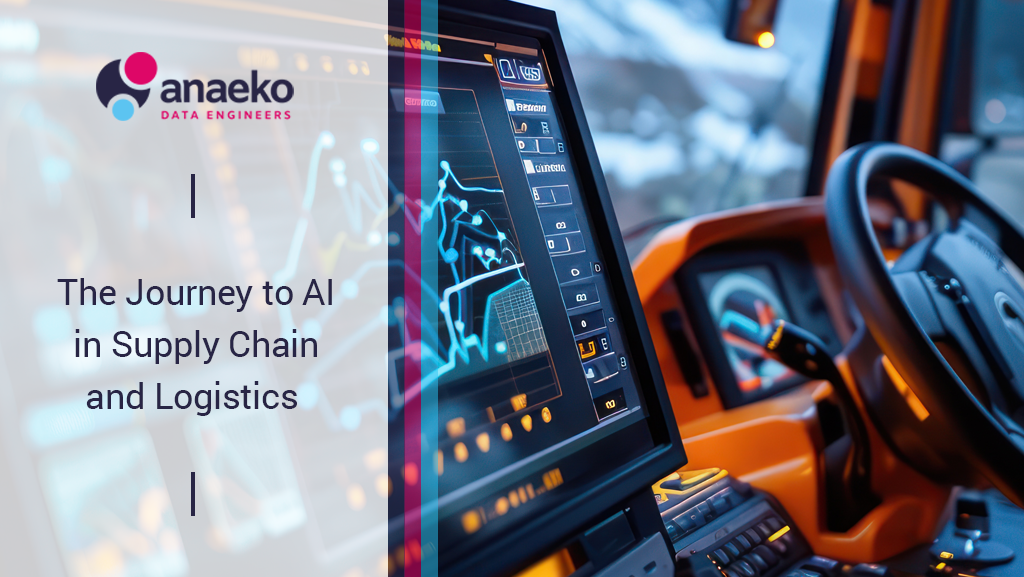Challenges in Supply Chain and Logistics
There are many challenges in the supply chain business, and depending on where you are in that supply chain, you each have your own set of challenges. However, there are primarily some top overriding ones: fuel and safety are right at the top of that list. For connected, but still different reasons, safety and the overall health of the workforce itself trumps absolutely everything.
Roads are busier than ever. We've all witnessed it when we're driving around, or even when we're biking to work. There are more and more users on the road, and a greater diversity of road users, all of which translates into increased potential danger. That's why the safety aspect of the transport industry has been elevated on many levels, with significant efforts to enhance safety to handle the massive influx of traffic we're seeing.
Fuel is another major issue. Although trucks are more efficient than they've ever been before—even more so than the private sector with the shift to SUVs—the cost of fuel itself has become the difference between profit and loss for a firm. This is true regardless of how many trucks are on the road, whether they're bunker, forecourt, or refrigerated trucks that are sometimes left idling. These trucks may be held up at ports, experiencing delays. Could these delays have been handled better with prior knowledge, AI, or good data?
Driver behaviour also impacts fuel efficiency, with factors such as harsh braking and harsh acceleration. This data can be collected and used to improve fuel efficiency. Even a small percentage saving on fuel can impact the bottom line and make the difference between profit and loss. Additionally within goods transit there is friction, specifically the friction that occurs along the supply chain. Can the dots be joined as you move along that supply chain?
AI is here today!
Artificial intelligence is all around us today. It's in our homes, in our heating systems, and in our workplaces, monitoring and adjusting temperatures. Most of us have used various forms of AI, like ChatGPT. In modern vehicles, AI is present too; for example, when you're driving and the car in front of you suddenly brakes, your car can automatically start braking as well. This is AI, often referred to as machine learning in such contexts.
AI is designed to make our environment safer, addressing both fuel efficiency and safety. This applies to vehicle safety for drivers and passengers, as well as safety for pedestrians around the vehicle. For instance, the company in question focuses on what's happening around the vehicle, such as detecting traffic light changes or a bicycle making a turn.
AI aims to handle mundane, repetitive tasks at a speed far beyond human capability, similar to the role computers played when they were first introduced. The difference with AI, or machine learning, is that it processes information to make decisions and learns from the data it receives. True AI learns from new information and makes educated decisions based on that learning.
Therefore, AI is only as good as the data it receives initially. This is a fundamental belief in our company and is at the heart of AI development.

The supply chain and logistics sector is already adopting AI technology extensively. Today, there are numerous companies showcasing AI integrated into hardware. According to statistics, 70% of business leaders in supply chain and logistics believe that the benefits of generative AI outweigh the risks, which we'll discuss shortly. Furthermore, 38% of logistics companies have already employed AI, and supply chain firms are expected to witness a twofold increase in machine automation over the next five years.
Machine automation can take many forms, and we'll touch on some of these. The return on investment (ROI) is crucial, especially in the private sector, where decision-makers need to know the payback period for their investments. Health and safety improvements offer one type of payback, but the actual ROI in terms of operating cost reductions is significant as well. By adopting AI, companies can see operating cost reductions of up to 50%, all while increasing safety. This dual benefit aligns with the primary focuses that companies are pursuing.
Challenges of AI
Why don’t we all just rush out and buy all the gear and start adopting AI? Well, there are some perceived barriers. First, you have to buy into the idea and the technology itself, which can feel like taking a leap of faith. However, when based on good, verified, and trusted data, it's not a leap of faith—it's about trusting the data you have, which is crucial for good AI.
Another major consideration, aside from the cost and its related ROI, is the integration of AI into existing systems. Systems need to communicate and transfer data seamlessly, which can be challenging due to the knowledge required for proper integration. This is where Anaeko, excels, providing a seamless transaction layer so you can simply see the Omni layer for your data.
Data itself poses a challenge. Unearthing, clearing, and ensuring the honesty of data is our core business. It’s important to mention that while AI and machine learning are transformative, blockchain currently has the greatest impact on the logistics industry, even surpassing AI.
Blockchain is fundamentally a shared, immutable database providing a secure and transparent framework for transactions and tracking, ensuring accuracy and integrity. AI serves as the horsepower that drives and optimises this process, offering intelligent, data-driven analysis. Together, blockchain and AI create a highly synergistic effect in the industry.
Join our next webinar:
Topics: Artificial Intelligence, Big Data, Automation, transport, AI



